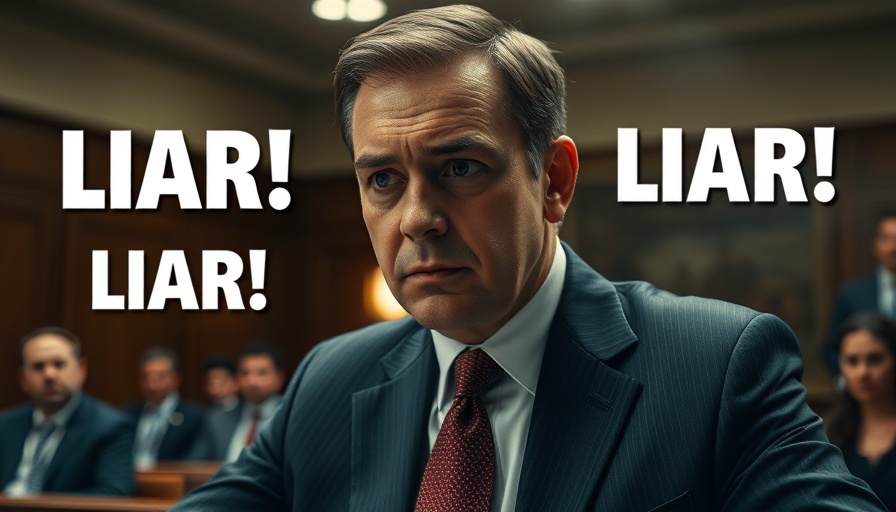
Rescheduling Cannabis: A Promised Priority or a Political Ploy?
The recent nomination of Terren Cole as the head of the DEA has sparked debates within the cannabis community, especially after his failure to prioritize cannabis rescheduling in his initial objectives. In his confirmation hearing, Cole indicated that reforming cannabis categorization would be among his top priorities. Yet, only a week into his tenure, there’s no mention of cannabis in the top agenda items released by the DEA. This disconnect raises critical questions about the authenticity of his commitment and the broader implications for cannabis reform at the federal level.
In 'DEA Head Cole Backs Off Rescheduling Priority! Fed Hemp Ban Avoided; 3 Day Dead&CO in San Francisco', the discussion dives into the latest developments in cannabis policies, prompting us to further analyze the implications of these shifts.
The Shifting Landscape of Cannabis Legislation
Amidst this bureaucratic uncertainty, states like New York are celebrating significant milestones in their cannabis markets. New York recently topped $2 billion in cannabis sales, with over 436 dispensaries stepping into the spotlight. However, challenges persist as many licensed dispensaries face relocation issues due to oversights in proximity to schools. In contrast, states like Texas continue to grapple with stringent regulations that threaten the viability of local cannabinoid products, creating a patchwork of progress and setbacks across the country.
Policy Implications and Social Impact
Amid conflicting messages from federal agencies, local advocacy continues to challenge misconceptions about cannabis. Organizations like Smart Approaches to Marijuana (SAM) persist in spreading fear-based narratives surrounding cannabis and its implications for public health and safety. Critics argue that misinformation not only hampers progressive policy-making but also ignites a need for education around cannabis and its potential benefits for users.
Celebration of Culture at Dead Again Festival
This recent dynamic in cannabis legislation intersects with cultural moments, as demonstrated by the recent 60th anniversary celebration of the Grateful Dead in San Francisco. This festival, titled 'Dead Again,' allows for legal cannabis consumption at the event, showcasing how cultural landmarks are adapting to changing cannabis laws. Such events symbolize both a celebration of cannabis culture and the evolving regulatory landscape around it.
As the cannabis community continues to navigate the complexities of legality and social acceptance, collective efforts to advocate for sensible reform remain crucial. Understanding the nuances of these developments is essential for informed advocacy and partnership in the journey towards a more equitable cannabis future.
 Add Row
Add Row  Add
Add 




Write A Comment